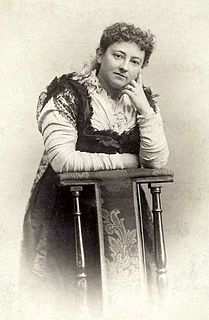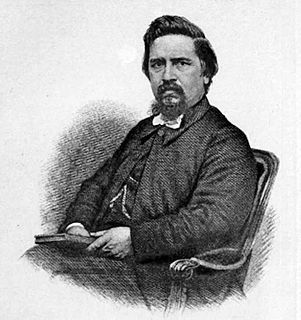A Quote by Plutarch
Knowledge of divine things for the most part, as Heraclitus says, is lost to us by incredulity.
Related Quotes
When a belief vanishes, there survives it -- more and more vigorously so as to cloak the absence of the power, now lost to us, of imparting reality to new things -- a fetishistic attachment to the old things which it did once animate, as if it was in them and not in ourselves that the divine spark resided, and as if our present incredulity had a contingent cause -- the death of the gods.
The endless cycle of idea and action, Endless invention, endless experiment, Brings knowledge of motion, but not of stillness; Knowledge of speech, but not of silence; Knowledge of words, and ignorance of the Word. All our knowledge brings us nearer to our ignorance, All our ignorance brings us nearer to death, But nearness to death no nearer to God. Where is the Life we have lost in living? Where is the wisdom we have lost in knowledge? Where is the knowledge we have lost in information? The cycles of Heaven in twenty centuries Bring us farther from God and nearer to the Dust.
We all enter the world little plastic beings, with so much natural force, perhaps, but for the rest--blank; and the world tells uswhat we are to be, and shapes us by the ends it sets before us. To you it says--Work; and to us it says--Seem! To you it says--As you approximate to man's highest ideal of God, as your arm is strong and your knowledge great, and the power to labour is with you, so you shall gain all that human heart desires. To us it says--Strength shall not help you, nor knowledge, nor labour. You shall gain what men gain, but by other means. And so the world makes men and women.
In our learning, let us not neglect the fountain of revelation. The scriptures and the words of modern-day apostles and prophets are the sources of wisdom, divine knowledge, and personal revelation to help us find answers to all the challenges in life. Let us learn of Christ; let us seek out that knowledge which leads to peace, truth, and the sublime mysteries of eternity.
To be cheerful when others are in despair, to keep the faith when others falter, to be true even when we feel forsaken—all of these are deeply desired outcomes during the deliberate, divine tutorials which God gives to us—because He loves us. These learning experiences must not be misread as divine indifference. Instead, such tutorials are a part of the divine unfolding.
Storytelling awakens us to that which is real. Honest. . . . it transcends the individual. . . . Those things that are most personal are most general, and are, in turn, most trusted. Stories bind. . . . They are basic to who we are. A story composite personality which grows out of its community. It maintains a stability within that community, providing common knowledge as to how things are, how things should be -- knowledge based on experience. These stories become the conscience of the group. They belong to everyone.
As regards authority I so proceed. Boetius says in the second prologue to his Arithmetic, 'If an inquirer lacks the four parts of mathematics, he has very little ability to discover truth.' And again, 'Without this theory no one can have a correct insight into truth.' And he says also, 'I warn the man who spurns these paths of knowledge that he cannot philosophize correctly.' And Again, 'It is clear that whosoever passes these by, has lost the knowledge of all learning.'





































